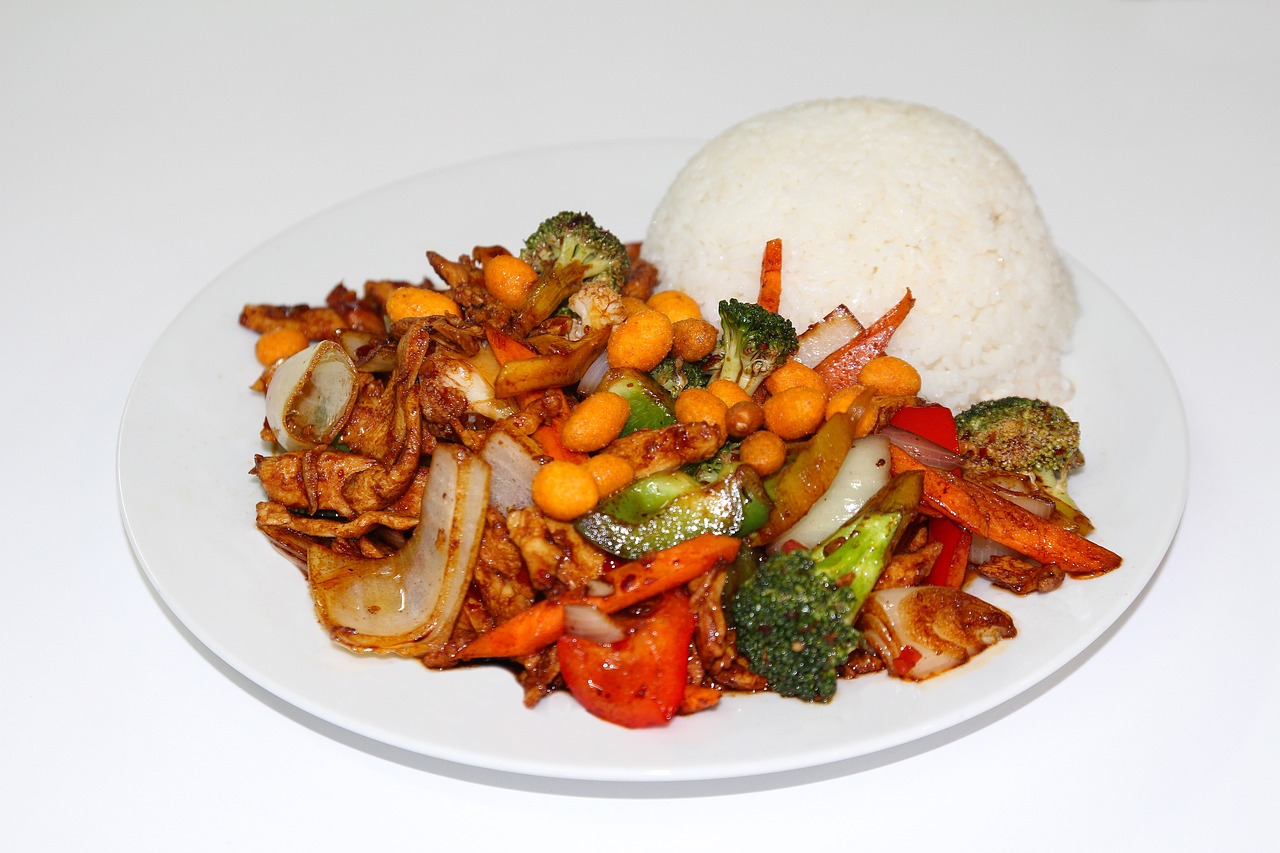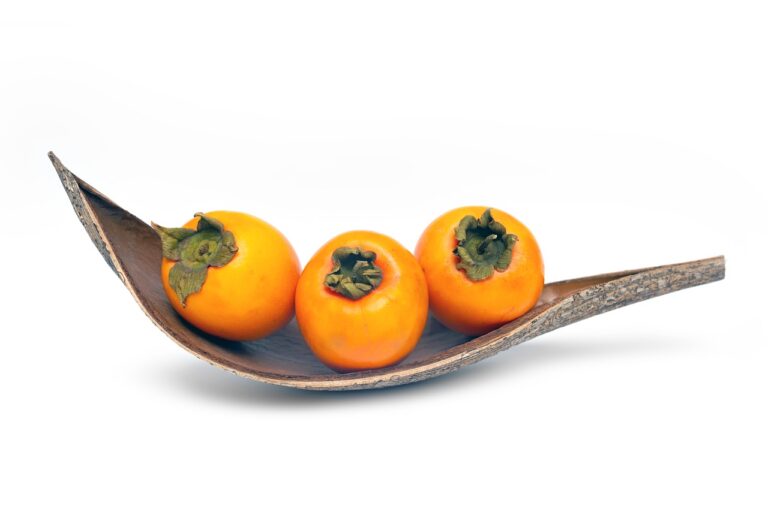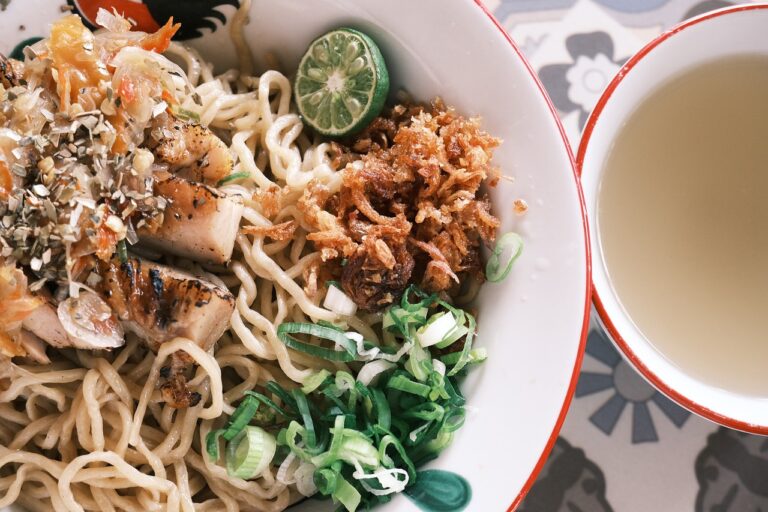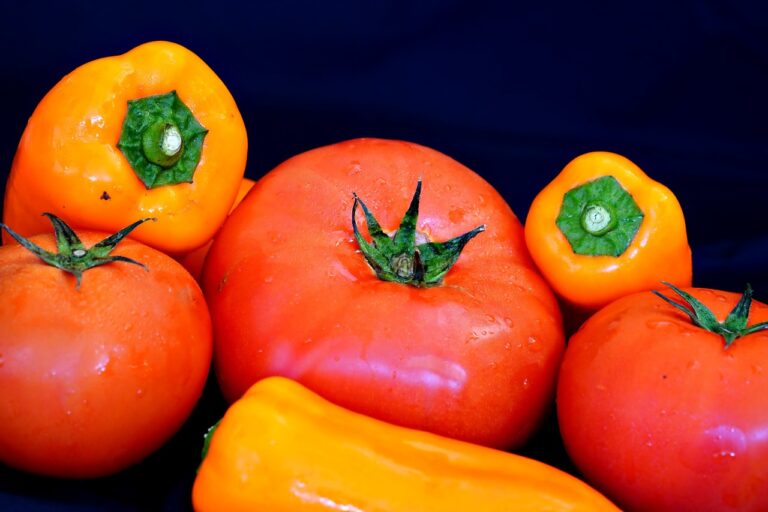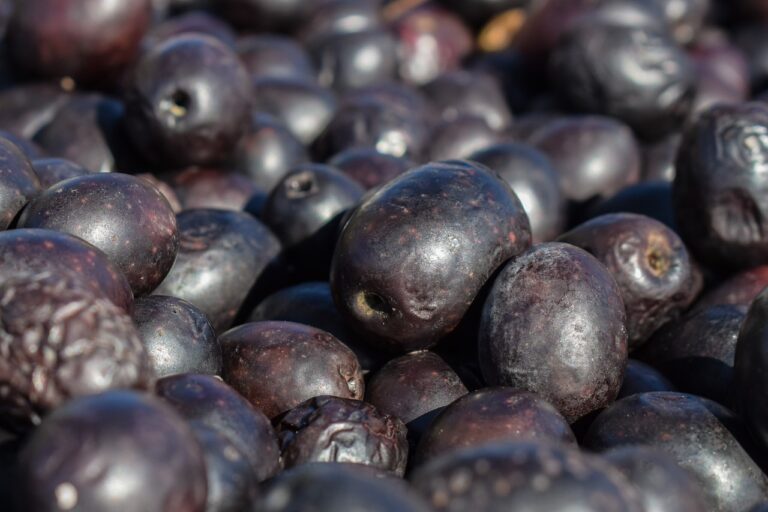The Impact of Food Allergies on Juice Ingredient Selection: Laser247, Lotus365, Sky247 login
Laser247, lotus365, sky247 login: Food allergies are a serious concern for many people around the world. Whether it’s a mild intolerance or a life-threatening reaction, knowing what ingredients are safe to consume is essential for those with allergies. When it comes to juice ingredient selection, the impact of food allergies cannot be understated.
Choosing the right ingredients for juice can be a challenging task, especially when considering the diverse range of allergies that people may have. From common allergens like nuts, dairy, and gluten to lesser-known allergens like strawberries or kiwi, it’s crucial to be mindful of potential allergens when creating juice recipes.
Juice manufacturers and juice bars alike must take into account the prevalence of food allergies among consumers. By understanding the impact of food allergies on juice ingredient selection, businesses can cater to a wider customer base while ensuring the safety of those with dietary restrictions.
When selecting ingredients for juice, it’s essential to consider the common food allergens and potential cross-contamination risks. By choosing allergen-free ingredients and minimizing the risk of cross-contamination, juice makers can create safe and delicious products for all consumers.
In this article, we will explore the impact of food allergies on juice ingredient selection, providing insights and tips for businesses in the juice industry. From understanding common food allergens to navigating ingredient labels, we will delve into the complexities of creating allergen-free juice products.
Understanding Common Food Allergens
Before diving into the impact of food allergies on juice ingredient selection, it is essential to have a basic understanding of common food allergens. The Food and Drug Administration (FDA) recognizes eight major allergens that account for the vast majority of allergic reactions in the United States:
– Milk
– Eggs
– Fish
– Crustacean shellfish
– Tree nuts
– Peanuts
– Wheat
– Soybeans
These major allergens must be clearly identified on food labels in the US, making it easier for consumers to avoid ingredients that may trigger an allergic reaction. However, it’s important to note that other allergens, such as sesame, mustard, and sulfites, can also cause allergic reactions in some individuals.
When selecting ingredients for juice, it’s crucial to be aware of these common allergens and to choose ingredients that are free from potential triggers. By opting for allergen-free alternatives, juice makers can create products that are safe for a broader range of consumers.
Navigating Ingredient Labels
Reading and understanding ingredient labels is essential for juice makers looking to create allergen-free products. While the FDA mandates the labeling of major food allergens in the US, it’s still vital to carefully review all ingredients to ensure that they are safe for consumption.
When selecting ingredients for juice, look for allergen-free certifications or statements on packaging. These certifications indicate that the product has been independently tested and verified to be free from common allergens, making it a safer choice for those with food allergies.
In addition to checking for allergen-free certifications, it’s important to be aware of potential cross-contamination risks. Even if a product does not contain allergens in its ingredients list, it may still be at risk of cross-contamination during the manufacturing process.
To minimize the risk of cross-contamination, juice makers should choose suppliers that adhere to strict allergen control protocols. By selecting ingredients from reputable suppliers with robust allergen control measures in place, businesses can ensure the safety of their products for consumers with food allergies.
Creating Allergen-Free Juice Recipes
Creating allergen-free juice recipes can be a rewarding challenge for juice makers. By exploring alternative ingredients and experimenting with unique flavor combinations, businesses can create delicious and safe products that cater to individuals with food allergies.
When developing allergen-free juice recipes, consider using fruits and vegetables as the base ingredients. Fruits like apples, oranges, and berries are typically well-tolerated by individuals with food allergies, making them excellent choices for juice recipes.
In addition to fruits and vegetables, consider incorporating allergen-free sweeteners like honey or maple syrup to enhance the flavor of your juices. By avoiding common allergens like nuts, dairy, and soy, juice makers can create products that are safe for a wider range of consumers.
Experiment with different ingredients and flavor profiles to create unique and allergen-free juice recipes that will delight your customers. By prioritizing food safety and catering to individuals with dietary restrictions, businesses can set themselves apart in the competitive juice market.
The Impact of Food Allergies on Juice Ingredient Selection
The impact of food allergies on juice ingredient selection cannot be understated. By understanding common allergens, navigating ingredient labels, and creating allergen-free recipes, juice makers can create safe and delicious products for all consumers.
Incorporating allergen-free ingredients and minimizing the risk of cross-contamination are essential practices for businesses in the juice industry. By prioritizing food safety and catering to individuals with dietary restrictions, juice makers can expand their customer base and build trust with consumers.
FAQs
Q: Are there any specific ingredients that are commonly used in juice making that may trigger allergic reactions?
A: Some common allergens that may be found in juice recipes include nuts, dairy, and soy. It’s essential to carefully check ingredient labels and choose allergen-free alternatives to ensure the safety of your products.
Q: How can juice makers minimize the risk of cross-contamination in their products?
A: Juice makers can minimize the risk of cross-contamination by choosing suppliers with robust allergen control measures in place. By following strict protocols and conducting regular audits, businesses can ensure the safety of their products for consumers with food allergies.
Q: Are there any resources available to help juice makers create allergen-free products?
A: Yes, there are numerous resources available to help juice makers create allergen-free products. Organizations like the Food Allergy Research & Education (FARE) provide valuable information and guidance on food allergens and safe ingredient selection.
Q: What are some allergen-free sweeteners that can be used in juice recipes?
A: Allergen-free sweeteners like honey, maple syrup, and agave nectar are excellent choices for juice recipes. These natural sweeteners can enhance the flavor of your juices without triggering allergic reactions in consumers.
Q: Can individuals with food allergies safely consume store-bought juices?
A: Individuals with food allergies should always check ingredient labels and look for allergen-free certifications when purchasing store-bought juices. By being vigilant and selecting products that are free from common allergens, consumers with food allergies can safely enjoy a wide range of juice products.

